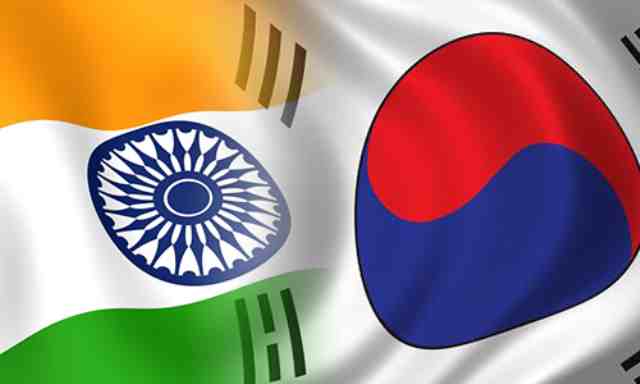“No matter how you look at the number, one country stands out from the rest: South Korea” (New York Times). Consider this. In late February, it had the second largest number of Corona-positive cases in the world, after China. Seoul was a bit sluggish in reacting to the crisis. For political reasons, till date, it has not stopped flights from China, except the Hubei province.
The country, with a population of just 51 million, recorded its first COVID-19 infection on January 20, and 909 cases, the highest in a day, on February 29. But less than a week later “the number of new cases halved. Within four days, it halved again – and again the next day”.
And best of all, this vibrant democracy conducted nationwide Parliamentary (National Assembly) elections on 15th April. What’s more, some 13,000 citizens who were in a mandatory two-week quarantine, but wanted to vote, were escorted to the polling stations after 6 pm, the cut-off time for the general public.
Korea is known as the ‘Miracle on the Han River’. But how did it perform the ‘Anti-Covid Miracle’? It adopted an aggressive “Trace-Test-Treat” strategy. In addition to widespread testing, it systematically tracked, isolated and treated infected individuals and their contacts, leading to swift containment of the contagion.
South Koreans had learnt the lessons of “early warning” and “accura te diagnoses” from the 2015 Middle East Respiratory Syndrome (MERS) outbreak,quite well. It also made full use of digital and communication technologies. An ‘Aarogya Setu’ like app notified the recipient, if anyone in the vicinity had tested positive.
The populace was constantly urged to get tested at the first hint of symptoms. Testing fees of around $134 was waived for suspected patients, people linked to confirmed cases or those who tested positive.
It was made mandatory for anyone in self-quarantine to download an app, which alerted officials if he tried to step out of isolation. Hefty fines up to $2500 were imposed on violators. International arriving passengers were required to download a smartphone app that guided them through self-checks for symptoms.
Soon after the detection of the first case, government officials urged medical companies to immediately start developing test kits. Within a fortnight, thousands of test kits were being produced. The capacity has since been ramped up to 100,000 kits daily, most of which are being supplied to needy countries, including India.
One of the world leaders in innovation, Korea soon devised drive-through and walk-through testing facilities across the country. The inspiration came from drive-through counters at McDonalds and Starbucks. Sensing the utility and versatility, Ernakulam government medical college, Kerala, has developed a Walk-in sample kiosks (WISK). Each kiosk will cost only Rs.40,000.There is considerable interest in WISK across the country.
India and Korea are regularly exchanging information about the steps taken by them to tackle the pandemic. In his telephonic conversation with President Moon Jae-in on 9th April, Prime Minister Narendra Modi, expressed appreciation for the technology-based response of Korea in managing the crisis and thanked him for facilitating medical supplies to India. President Moon appreciated the way Indian authorities had motivated its vast population to fight “the pandemic with unity of purpose”.
We have been sourcing test kits and protective gear from Korean companies. Earlier this week Chhattisgarh procured 75,000 high quality rapid testing kits at a price of ₹337 + GST from a South Korean company based in India. The Indian Embassy in Seoul, has signed an agreement with Korean Humasis Ltd. for supply of 500,000 test kits to Indian Council of Medical Research (ICMR). Significantly the raw material needed for their production will be provided by India.
Strategic partners and fellow democracies, India and Korea have further expanded their multifaceted engagement, in this hour of need. Speaking about Korea’s success,President Moon Jae-in remarked – “my administration has adhered to the three principles of openness, transparency and democracy”.That precisely has been India’s approach too!
(The writer is the Former Ambassador of India to Canada & South Korea)
(The views expressed are the author's own and do not necessarily reflect the position of the organisation)

